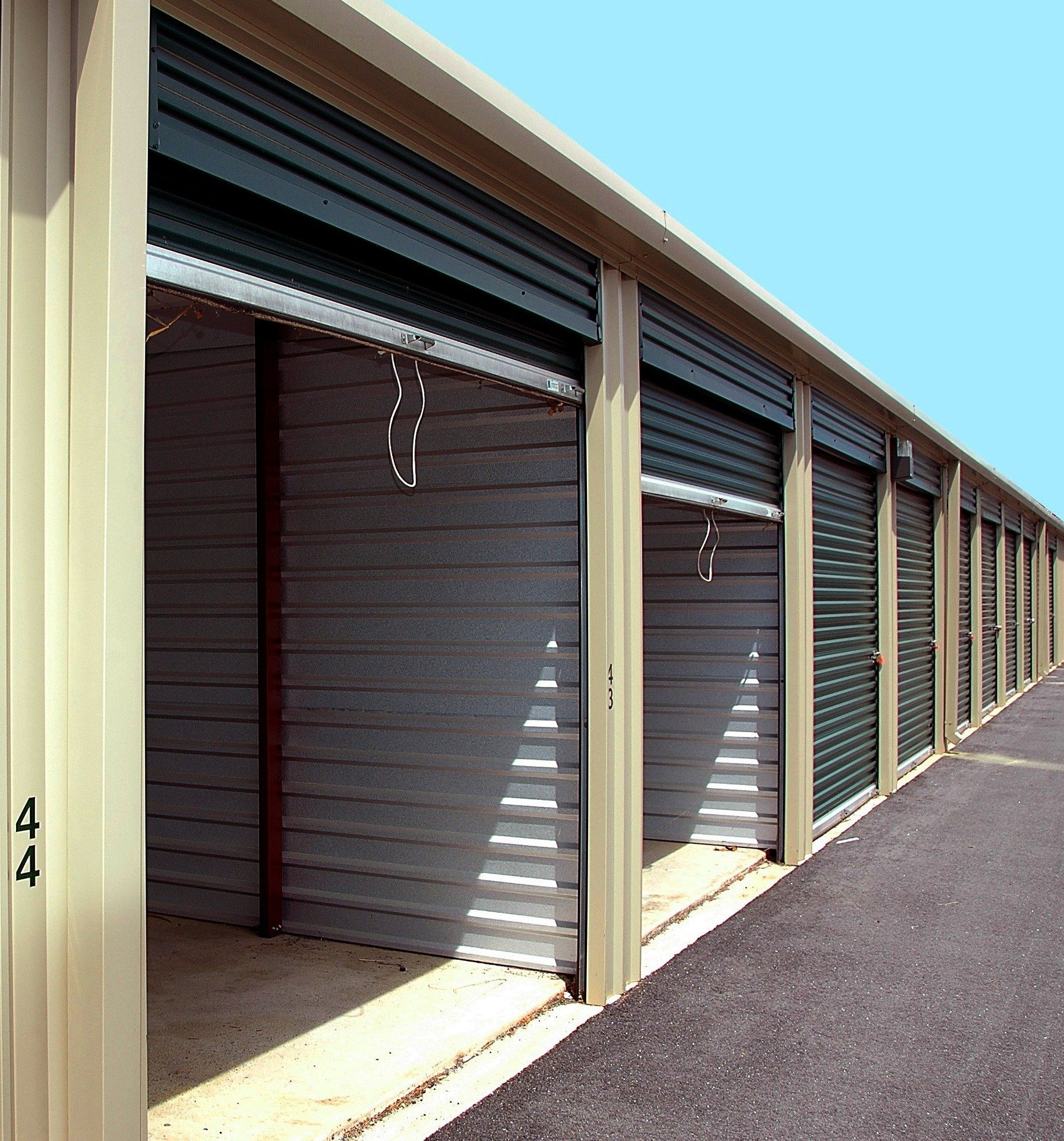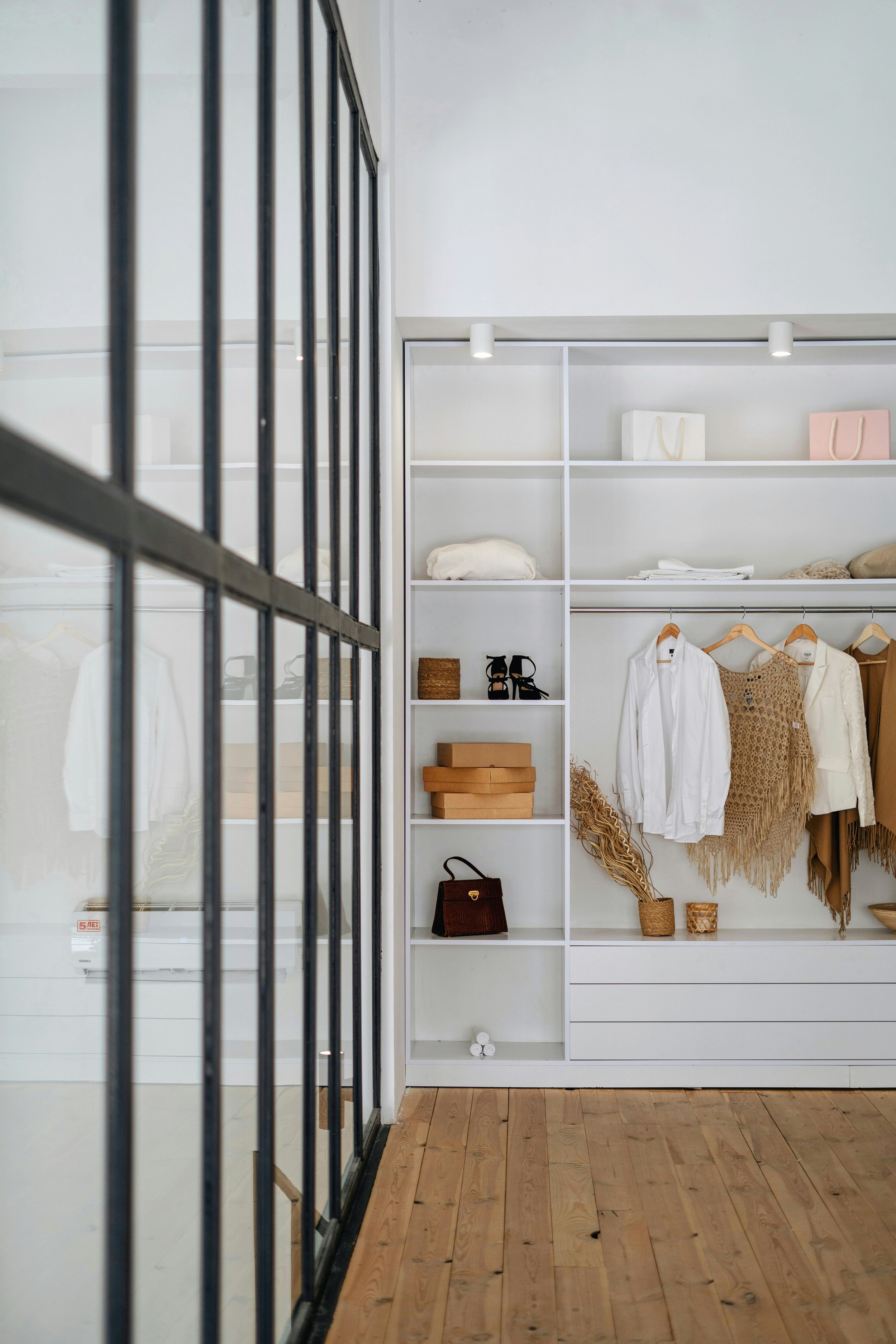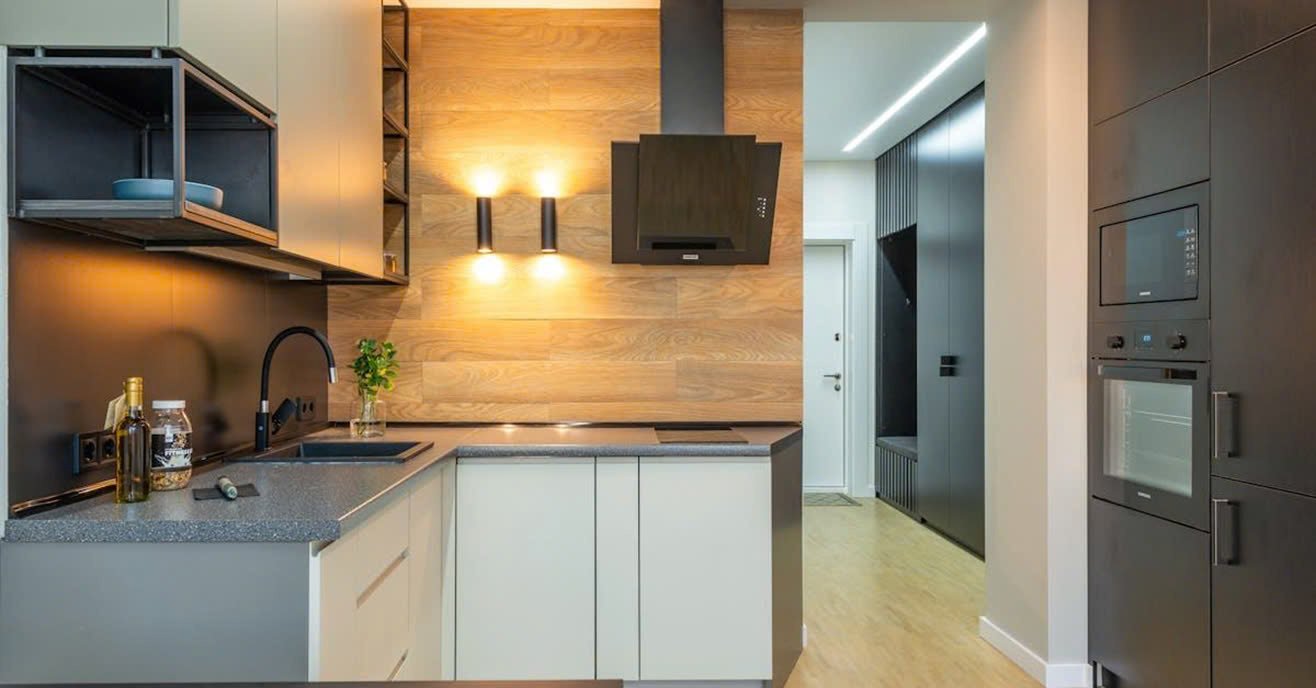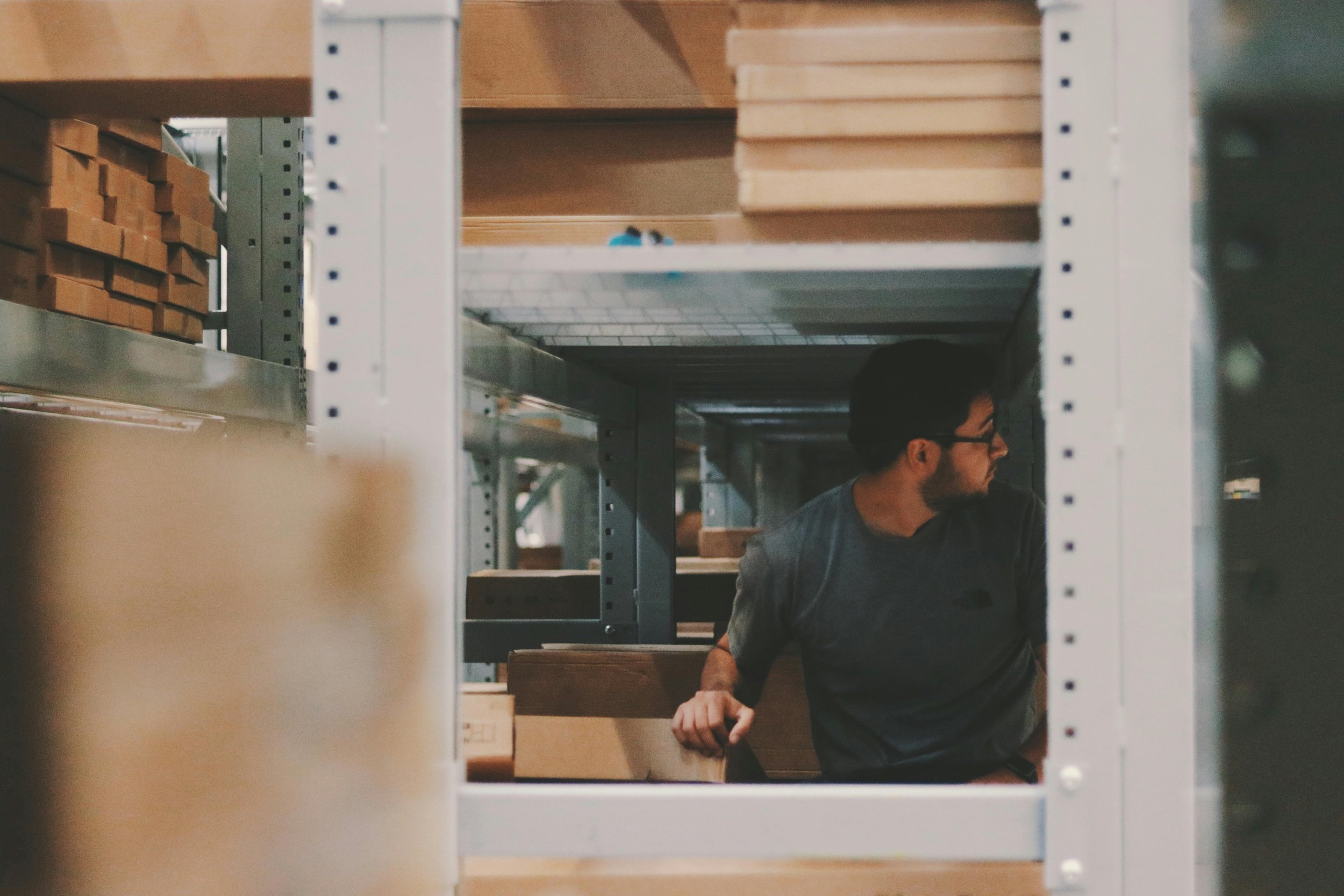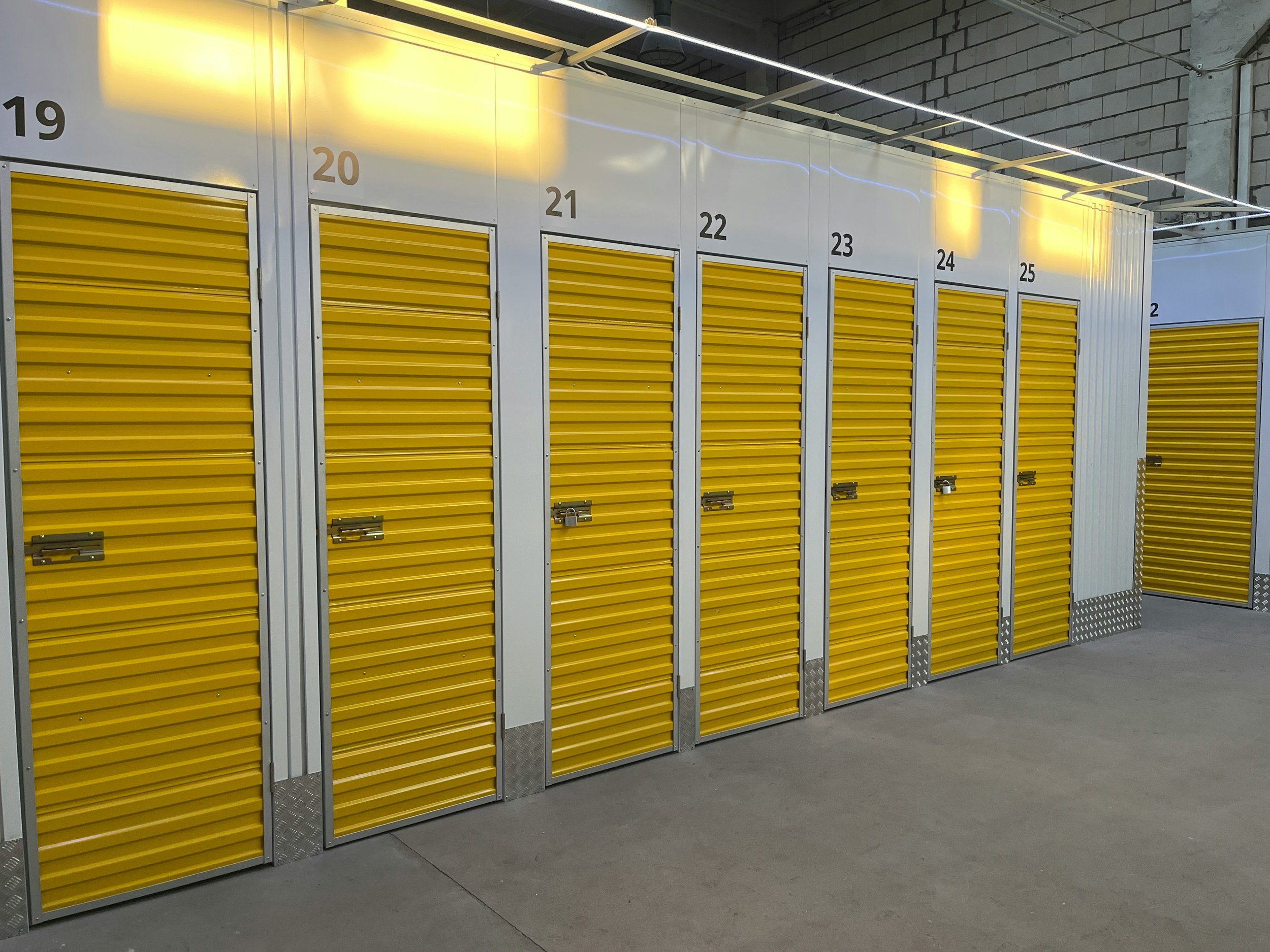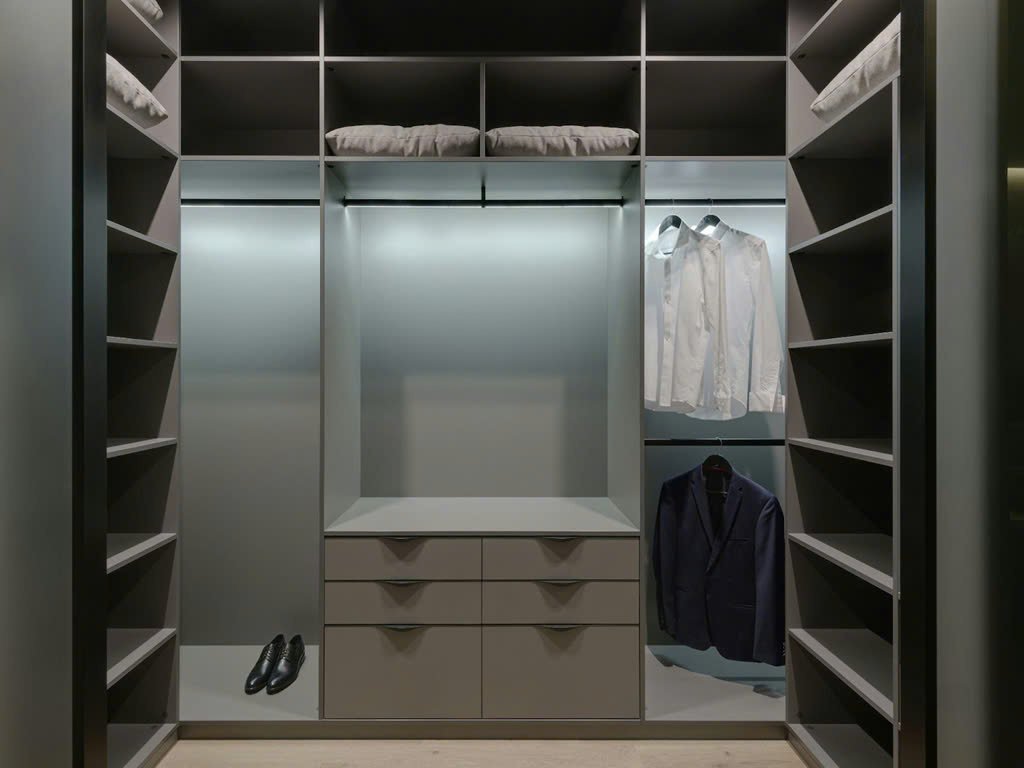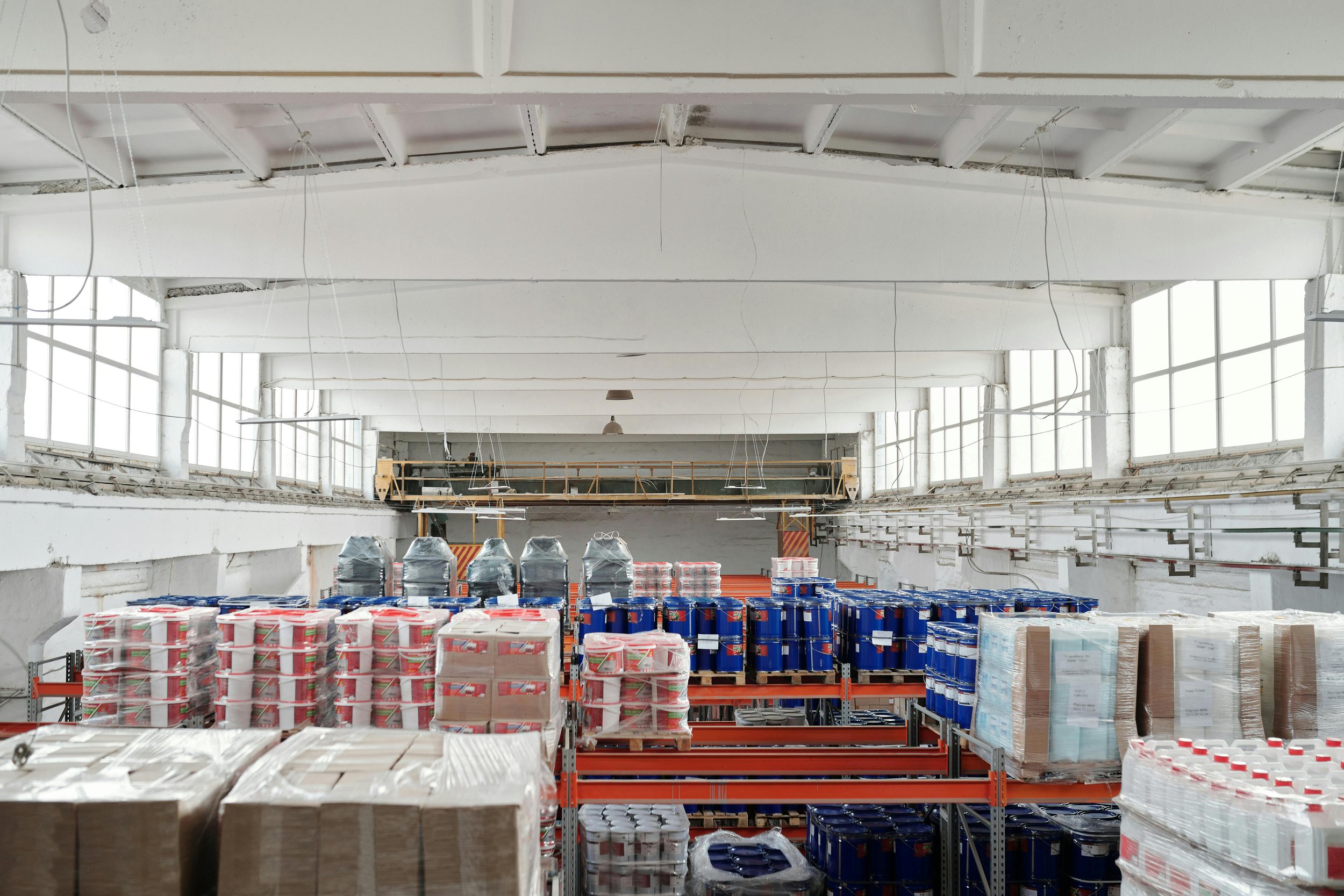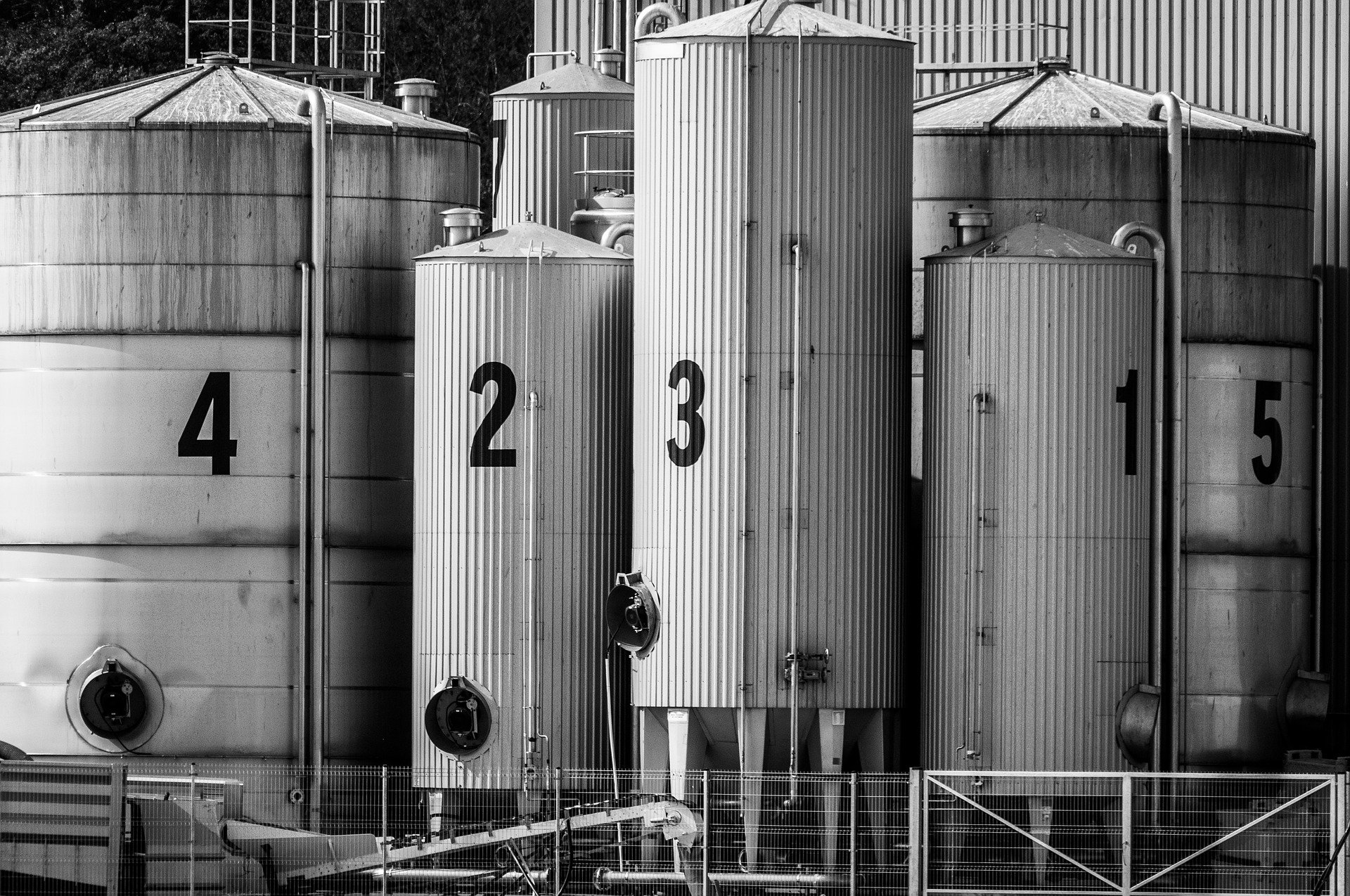What Questions Should You Ask When Getting a Storage Quote?
Learn the essential questions to ask when getting a storage quote to ensure you find the right facility, services, and pricing for your storage needs.
Many people assume that securing a storage unit is a straightforward process, but there are numerous factors to consider before you sign a contract. While a storage facility may seem like nothing more than a safe, environmentally controlled space for your belongings, choosing the right one requires a bit more due diligence. Whether you're storing household items, seasonal decor, business inventory, or even valuable antiques, knowing the ins and outs of a facility’s policies and costs is crucial.
Storage services differ greatly in their offerings, pricing, and the overall quality of their facilities. From hidden fees to payment structures and security measures, there are several key questions you should ask when getting quotes from various providers. Here’s a comprehensive guide on what to consider during your search for the ideal storage facility.
1. Are There Any Hidden Costs?
One of the most critical aspects of choosing a storage facility is ensuring transparency in the pricing structure. While many providers offer seemingly affordable rates upfront, not all will be forthcoming about hidden costs. Some companies might lure you in with an attractive quote, only to later reveal additional fees for administrative services, increased rates after a certain period, or unanticipated taxes.
For example, companies like Kiwi Storage are known for offering clear, affordable pricing without hidden fees. Unfortunately, not all storage providers are as transparent. Before signing any contract, make sure to ask about potential price hikes after an initial promotional period, administrative costs, or taxes that might not be immediately disclosed.
If a provider is hesitant or vague about their pricing, this is a red flag. After all, if a company isn’t upfront about their costs, how can you trust them to handle your valuables with care?
2. What’s the Payment Structure?
Understanding the payment structure of your storage contract is equally important. Some facilities may offer discounts for long-term commitments, such as paying for six months or a year upfront. This can be a great way to save money if you’re confident that you’ll need the unit for an extended period. However, not everyone has the cash flow to make such an upfront investment, and that’s perfectly fine.
In this case, it’s essential to look for storage options that allow for more flexible payment schedules, such as monthly or even weekly payments. Most providers understand that customers have different financial circumstances and offer a range of payment options to accommodate them. Before making a final decision, ask the facility about any available discounts for upfront payments, and also check to ensure there are no penalties or added costs for opting for a more flexible payment plan.
3. Can You Terminate the Contract Early?
Another crucial factor to consider is the contract’s cancellation policy, particularly if you're opting for a long-term commitment. Many storage providers will offer lower rates for longer-term contracts, but life circumstances may change unexpectedly, requiring you to terminate the contract earlier than anticipated.
Most storage companies will allow you to cancel your contract early but often charge a cancellation fee. This fee varies from provider to provider and could range from a reasonable flat fee to a more substantial penalty based on the remaining months of your contract. Before signing on the dotted line, ask about their early termination policy. Even if you don’t foresee needing to cancel early, it’s always a good idea to have the flexibility just in case. A good rule of thumb is to avoid any provider whose cancellation fees seem unnecessarily high or punitive.
4. How Secure is the Facility?
When entrusting your belongings to a storage facility, you want to ensure that they’ll be kept in a secure environment. Ask the facility manager about the security measures they have in place to protect your items. This includes surveillance cameras, 24/7 on-site staff, secure entry systems, and individual unit locks.
Modern storage facilities often use advanced security technologies, such as digital access codes or biometric entry systems, but it’s essential to make sure that these systems are reliable. Additionally, inquire about the frequency of security patrols and whether they provide insurance options for added peace of mind. Always choose a facility that takes the security of its customers' belongings seriously, and don’t hesitate to ask for a tour of the premises to assess security features firsthand.
5. Are There Environmental Controls?
Temperature and humidity control is a significant consideration, especially if you’re storing sensitive items such as antiques, artwork, electronics, or documents. Excessive heat, cold, or humidity can damage your possessions over time, so it's essential to ask about the environmental controls in place.
Many storage facilities offer climate-controlled units that regulate temperature and humidity, ensuring your items are stored in optimal conditions year-round. While these units typically cost more than standard storage options, they’re worth the investment if you’re storing valuable or delicate items. Be sure to ask the provider how they manage temperature and humidity and whether they monitor these factors regularly to prevent damage to your belongings.
6. How Accessible are Your Items?
Accessibility is another important factor that often gets overlooked. Before committing to a storage facility, it’s essential to understand how easy it will be to access your stored items. Some facilities offer 24/7 access to your unit, which is ideal for those who might need to retrieve or add items at odd hours. However, other facilities may have more limited access hours, such as from 9 a.m. to 5 p.m. or only on certain days of the week.
If you anticipate needing frequent or spontaneous access to your belongings, it’s worth choosing a provider that offers around-the-clock access. On the other hand, if your items will be stored long-term without the need for frequent retrieval, limited access hours might not be a dealbreaker. Always ask about the facility's access policies and whether there are any additional fees for extended access hours.
7. What Do Reviews Say?
Finally, don't forget to do your own research beyond what the storage provider tells you. Customer reviews can provide valuable insights into the quality of a facility’s services and whether they meet their promises. Look for reviews that mention aspects that are important to you, such as pricing transparency, security, cleanliness, and customer service. Pay particular attention to negative reviews to see if any recurring issues could be dealbreakers for you.
It’s also a good idea to check whether the facility has had any complaints filed with local consumer protection agencies or industry watchdogs. This can give you a clearer picture of the provider’s reliability and overall reputation.
Final Thoughts
Choosing a storage facility may seem like a simple decision, but there’s much more to consider than just finding an available unit. By asking the right questions about hidden costs, payment structures, contract flexibility, security, environmental controls, and accessibility, you can ensure that you choose a storage provider that meets your specific needs. Always do your due diligence by reading reviews and checking a provider's reputation before signing a contract, so you can have peace of mind knowing your belongings are in good hands.
